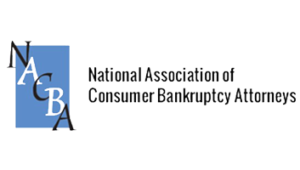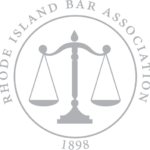Bankruptcy for RI Seniors
Bankruptcy Relief For RI Seniors “An increasing number of Americans aged 65 and older are declaring bankruptcy,” writes Reuters in a recent report. “Those aged 65 and older represented seven percent of bankruptcy filers in 2007, a mind-boggling jump from 1991. They are easily the ‘fastest-growing age demographic…’” The sad fact is that many older […]
Debt Settlement Plans: Part II
Debt settlement plans fail because they require unrealistic repayment terms. Contact a Rhode Island bankruptcy lawyer to understand all of your debt-relief options.
The Truth About Debt Settlement Plans: Part I
Almost 90% of debt management and debt settlement plans fail. Discuss your debt problems with a qualified bankruptcy attorney to save time and money.
RI Bankruptcy Law: Discharge vs Debt Cancellation
RI Bankruptcy Law: Understanding the tax difference between bankruptcy discharge and debt cancellation. Discharged debt is not taxable, but cancelled debt is.
Where is the Rhode Island Bankruptcy Court?
Address for RI Bankruptcy Court. The Rhode Island Bankruptcy Court is at 380 Westminster Street in Providence. The 341 meeting of creditors is held in room 620.




